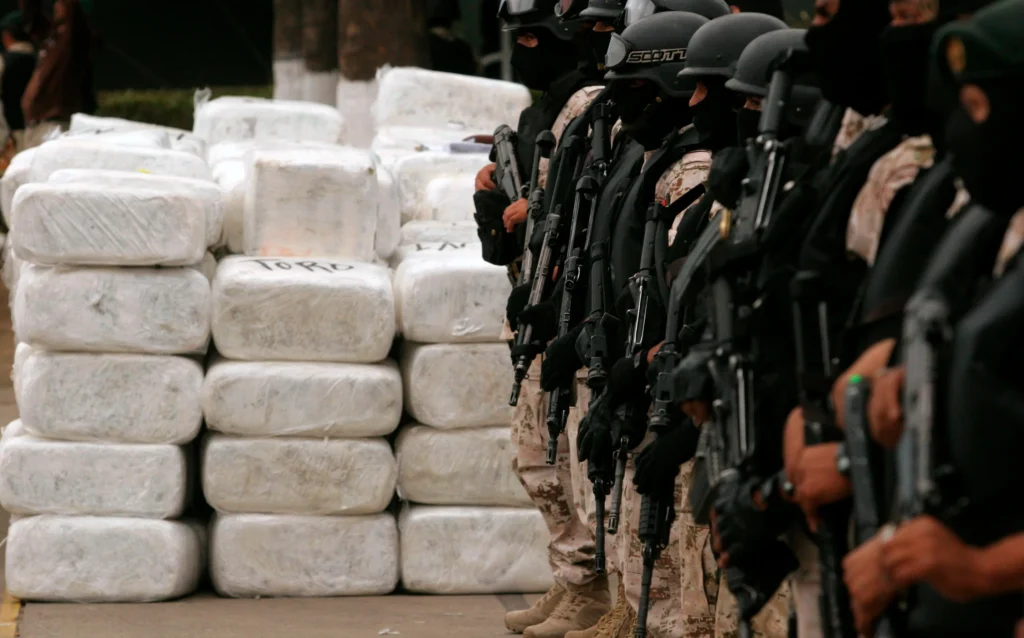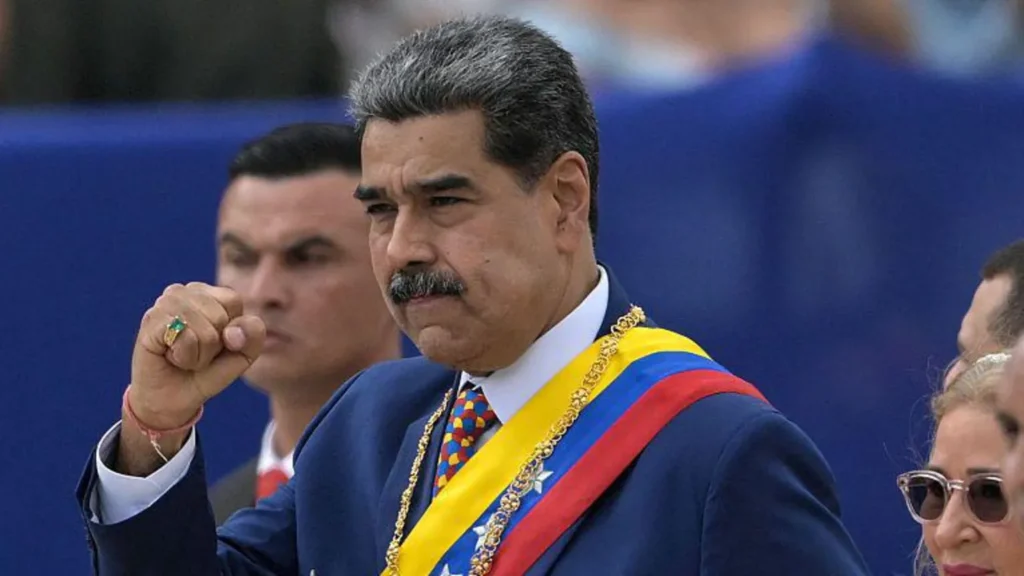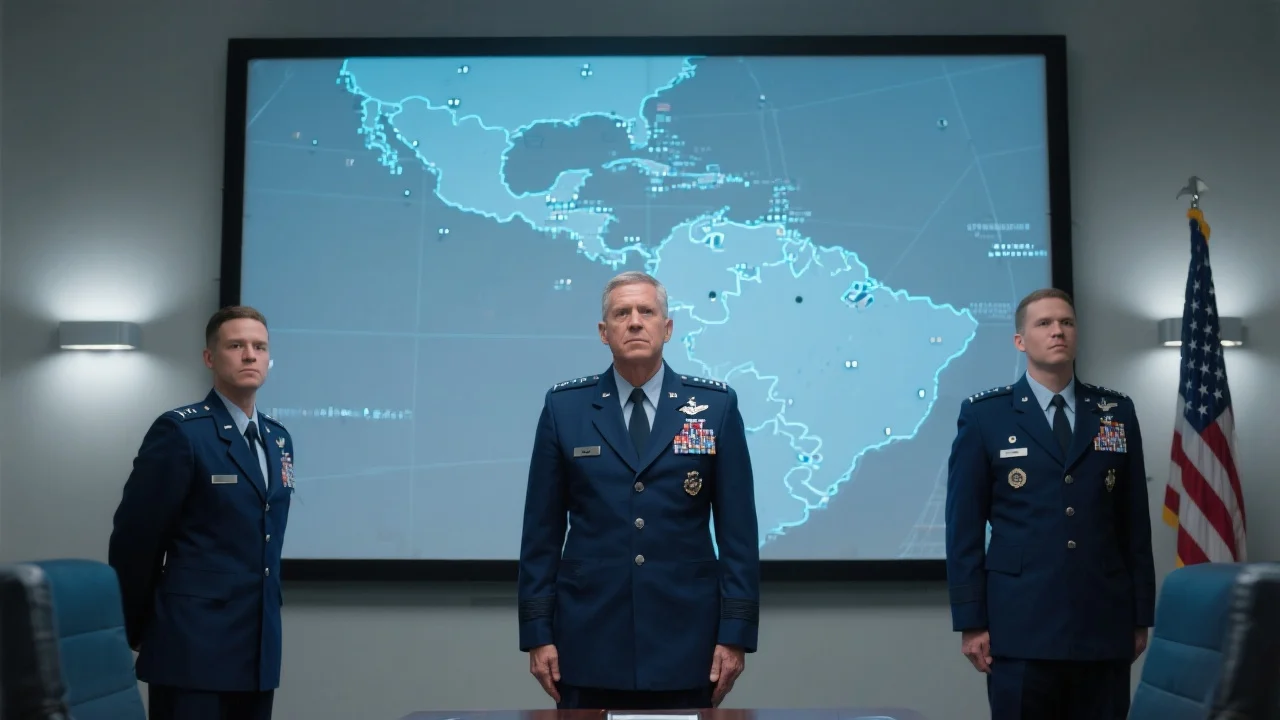In a move that has sent shockwaves through both Washington and Latin America, President Donald Trump has secretly signed a directive authorizing the U.S. military to use force against certain foreign drug cartels. This unprecedented step marks a dramatic escalation in the U.S. war on drugs, blurring the lines between military operations and traditional law enforcement. The decision, which targets cartels designated as terrorist organizations, has sparked intense debate over its legal, diplomatic, and practical implications.
The Directive: What We Know
According to reports from The New York Times and other major outlets, President Trump’s directive instructs the Pentagon to begin planning and potentially executing military operations against select Latin American drug cartels. These groups, including Venezuela’s Cartel de los Soles and others like Tren de Aragua and MS-13, have recently been labeled as foreign terrorist organizations by the Trump administration.

The order provides a legal and operational basis for U.S. military action at sea and, potentially, on foreign soil—a significant departure from previous U.S. policy, which has largely relied on law enforcement and intelligence cooperation with partner nations. The New York Times, Caliber.Az
Rationale and Administration’s Justification
White House officials have defended the move as a necessary response to the growing threat posed by transnational criminal organizations. Anna Kelly, a White House spokeswoman, stated, “President Trump’s top priority is protecting the homeland, which is why he took the bold step to designate several cartels and gangs as foreign terrorist organizations.” Attorney General Pam Bondi echoed this sentiment, announcing that the U.S. is doubling its reward for information leading to the arrest of Venezuelan President Nicolás Maduro, who is accused of leading one of the world’s largest narco-trafficking operations. BBC News

Senator Marco Rubio, now serving as Secretary of State, underscored the strategic shift: “We have to start treating them as armed terrorist organizations, not simply drug dealing organizations.”
Legal and Diplomatic Hurdles
The directive raises serious legal questions, particularly regarding the use of military force outside of a congressionally authorized conflict. Experts warn that U.S. forces operating on foreign soil without host nation consent could violate both U.S. and international law. There are also concerns about the potential for civilian casualties and the risk of escalating violence in already volatile regions.
A Pentagon official, speaking anonymously, confirmed that operational plans are being drawn up but emphasized that actual military action does not appear imminent. The Justice Department’s Office of Legal Counsel has not yet issued a formal opinion on the legality of the directive, and the Pentagon has declined to comment publicly. Reuters
International Response
The reaction from Latin American governments has been swift. Mexico’s President Claudia Sheinbaum stated unequivocally that U.S. military personnel would not be allowed to operate on Mexican soil, despite being informed of the directive. This highlights the diplomatic tightrope the U.S. must walk as it seeks to combat drug trafficking without infringing on the sovereignty of its neighbors. The Guardian
Broader Context: The War on Drugs and Political Calculations
This move comes amid a broader escalation in the U.S. campaign against drug trafficking. The Trump administration has already increased rewards for the capture of high-profile figures like Nicolás Maduro and expanded the list of organizations designated as terrorist groups. The decision to use military force reflects frustration with the limited impact of traditional law enforcement and diplomatic efforts.
Some analysts see the directive as a political calculation, designed to project strength ahead of the 2026 midterm elections and to appeal to voters concerned about the opioid crisis and border security.
Expert Perspectives
Dr. Laura Restrepo, a Latin American security analyst, commented, “This is a watershed moment in U.S. counter-narcotics policy. While it may deter some criminal activity, it also risks destabilizing the region and damaging relations with key allies.”
Retired General Mark Thompson added, “The U.S. military is not a law enforcement agency. Using it in this way could set a dangerous precedent and entangle American forces in complex, unwinnable conflicts.”
Conclusion
President Trump’s directive to use military force against foreign drug cartels represents a bold and controversial shift in U.S. policy. While the administration argues it is necessary to protect American lives and stem the flow of deadly drugs, critics warn of legal, diplomatic, and humanitarian risks. As operational plans are developed and the world watches closely, the ultimate impact of this decision remains to be seen.









